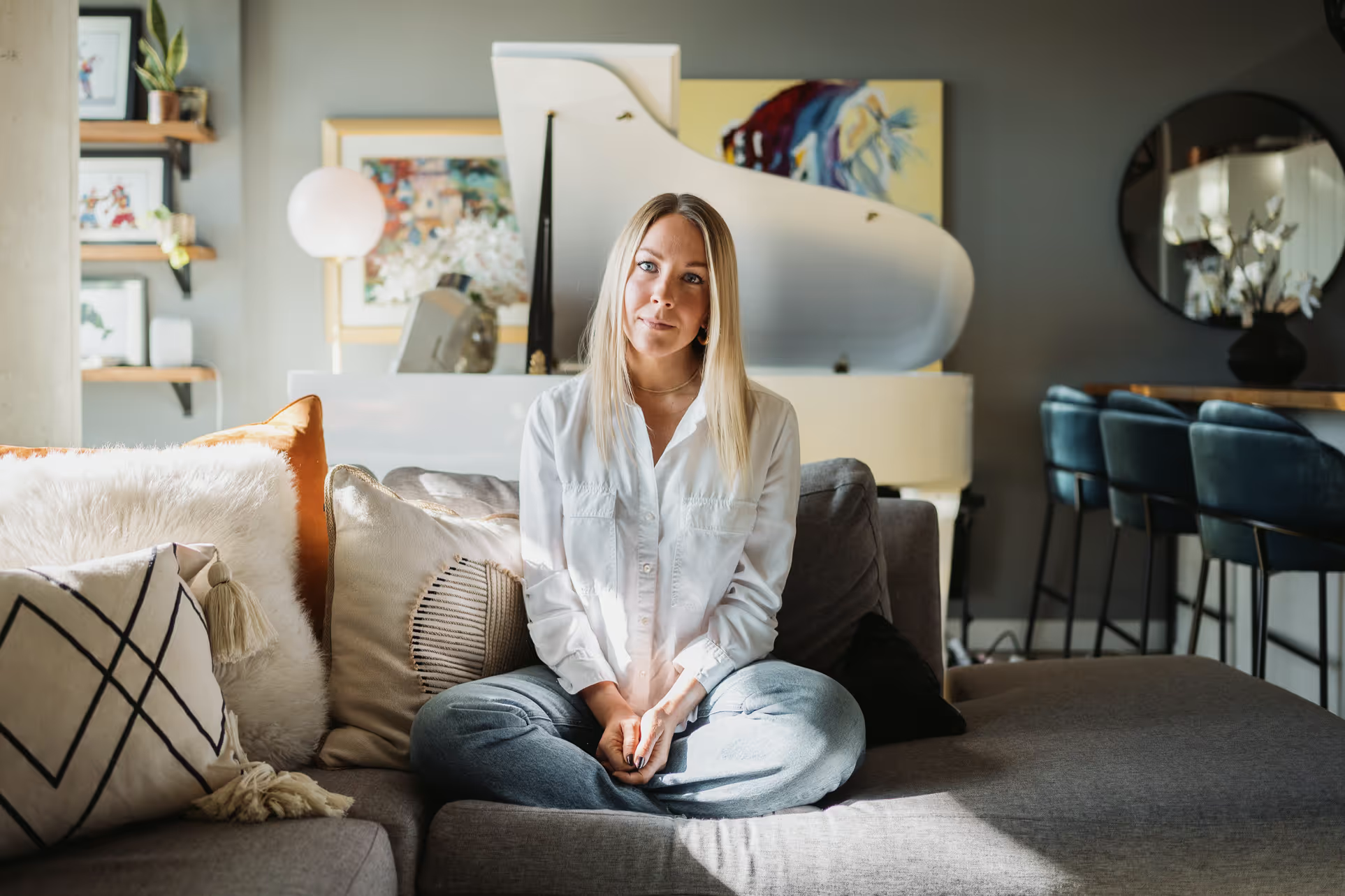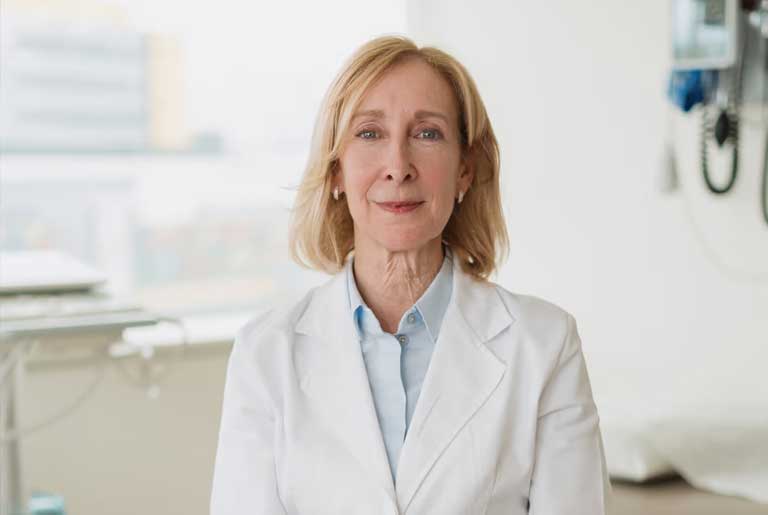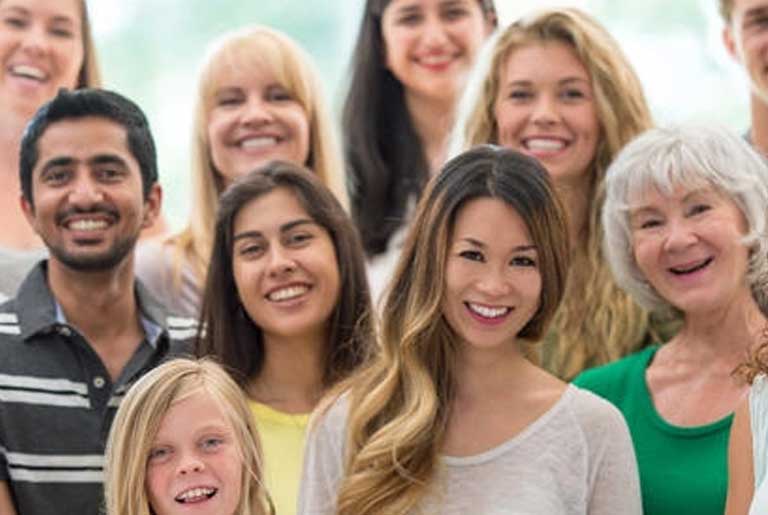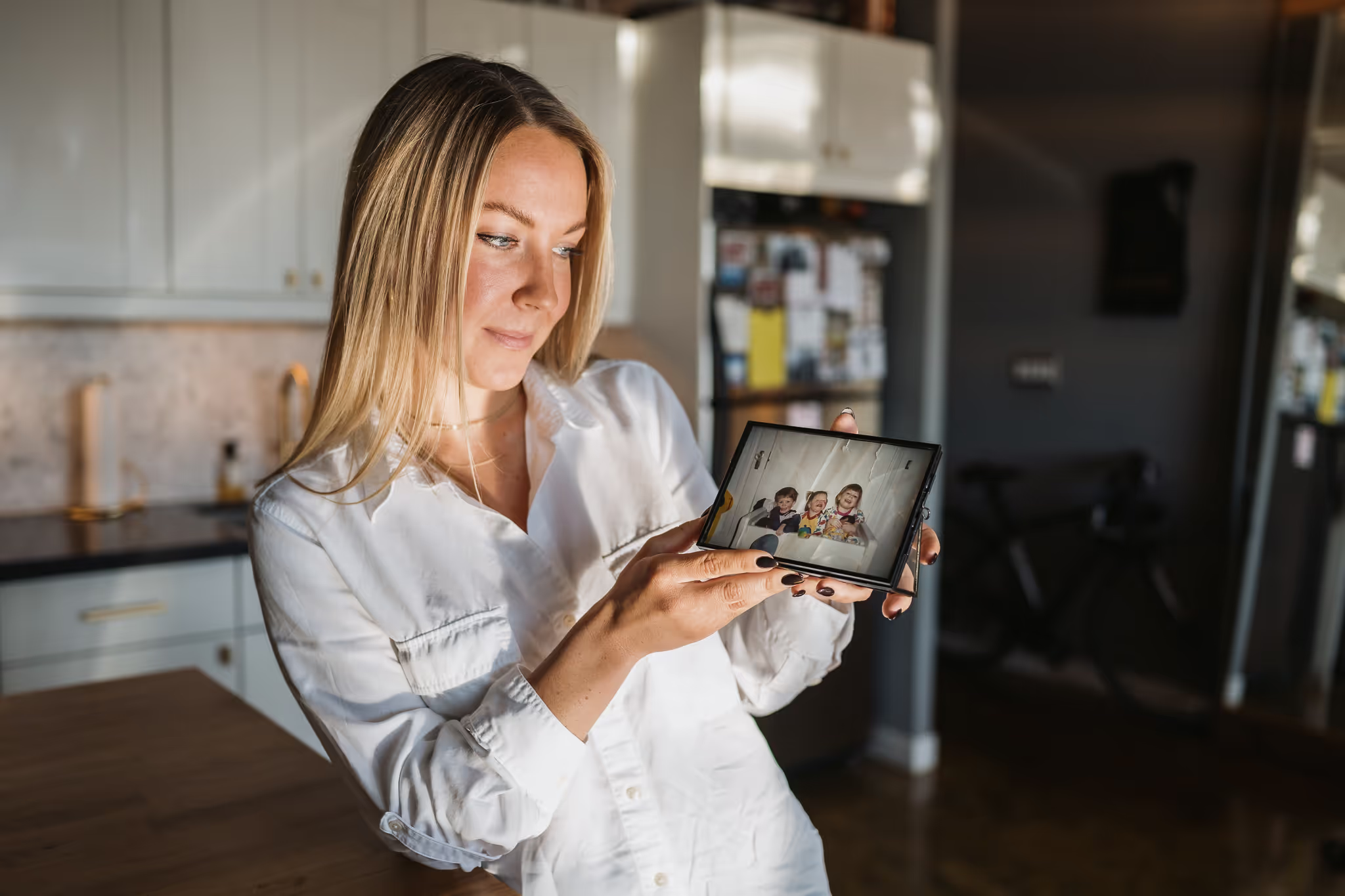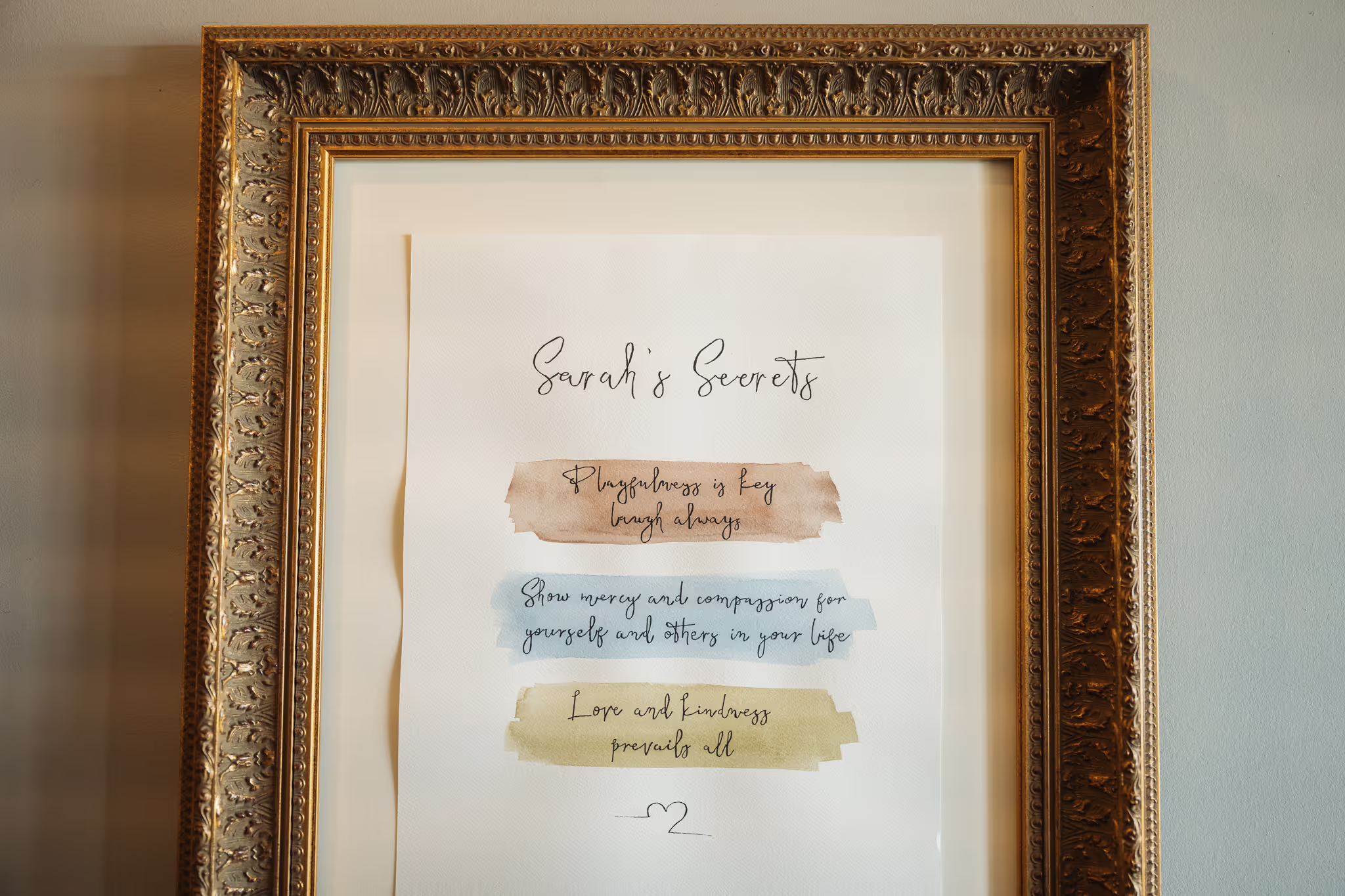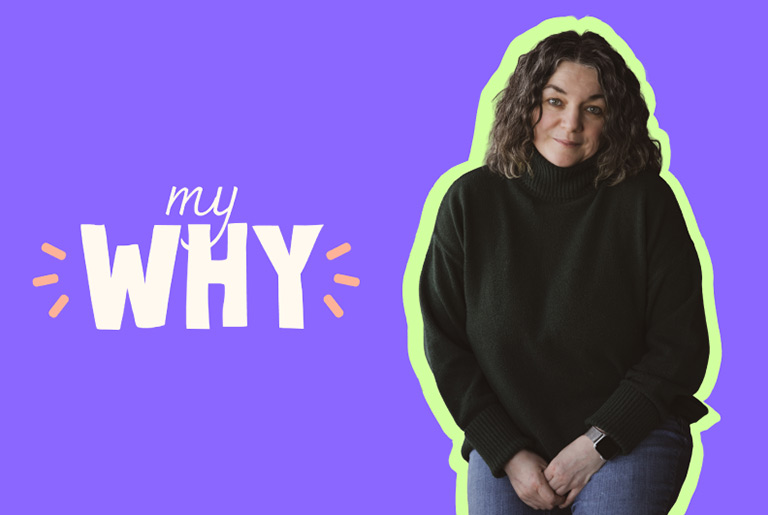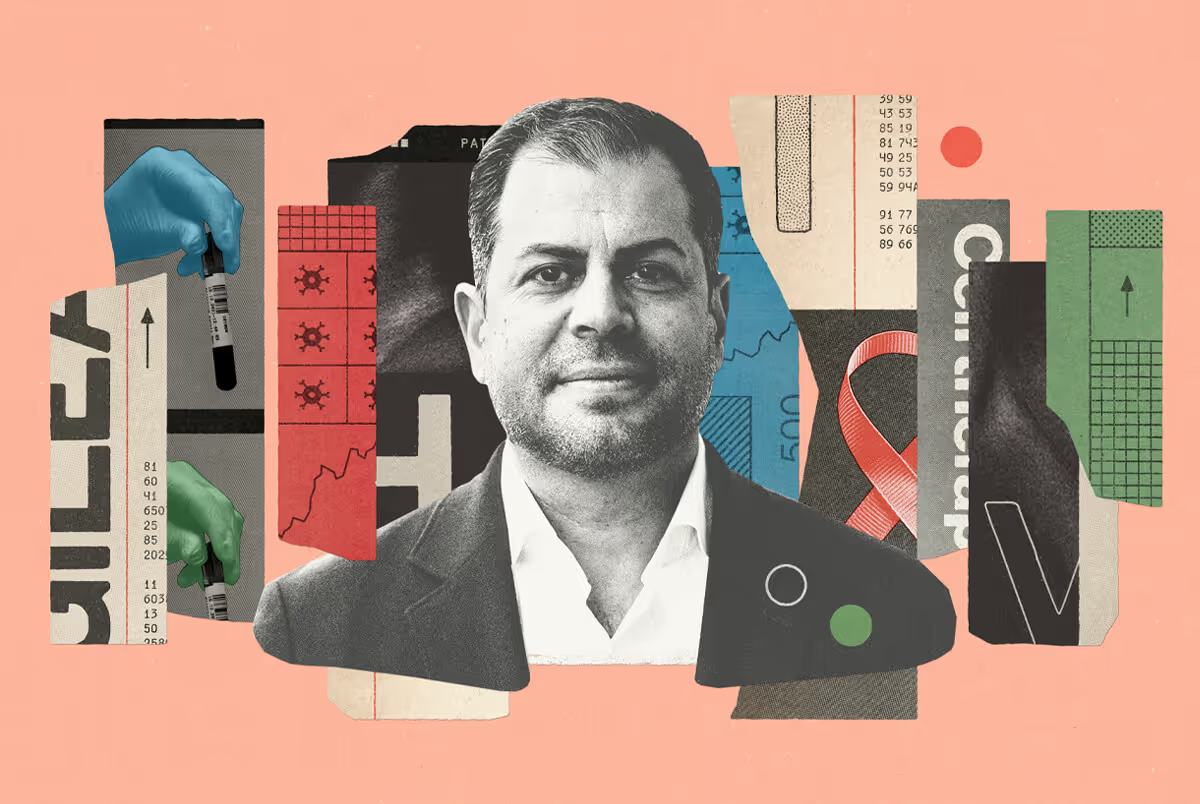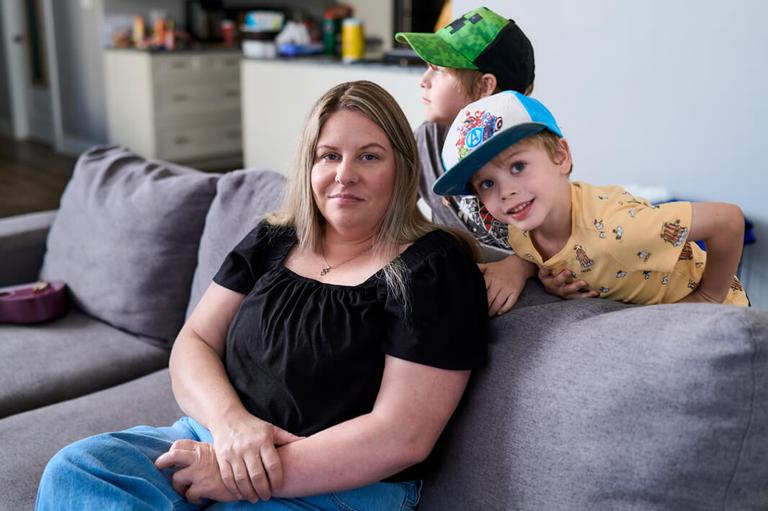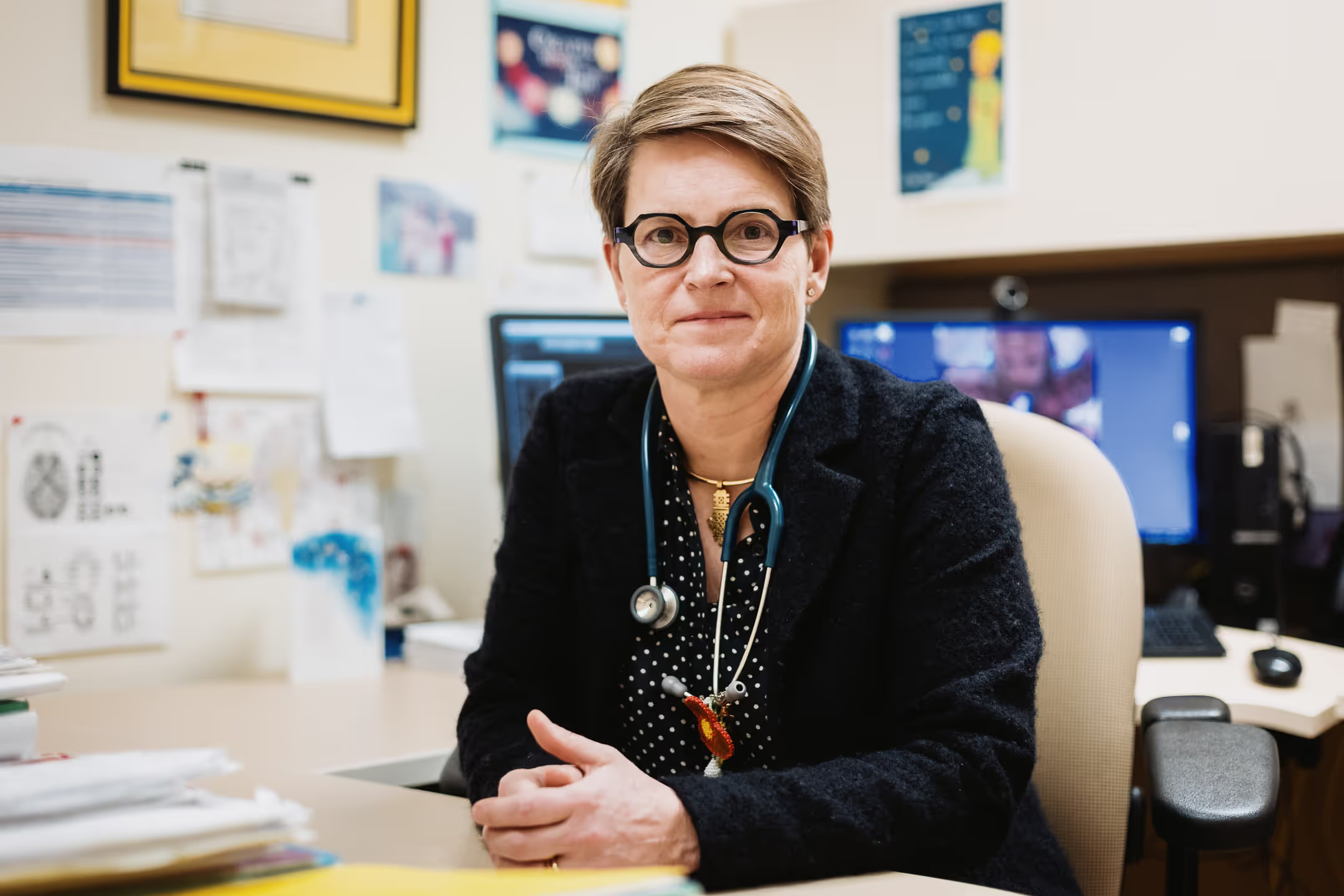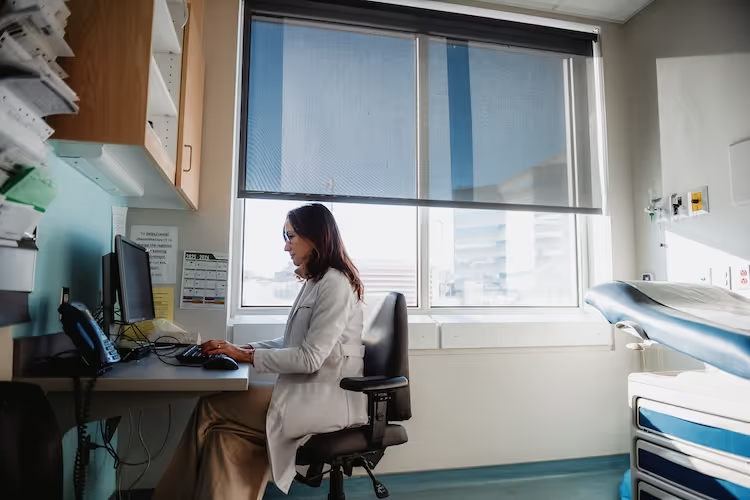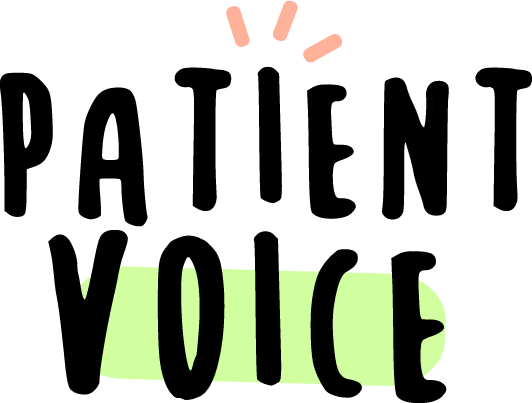“On the evening of February 27th of this year, I was texting with my younger sister Sarah for a little while, then I watched a movie and went to sleep. When I woke up the next morning, Sarah was gone to suicide.
Sarah and I hadn’t been the best of friends when we were kids. She and my little brother had been like twins, and I was the bossy older sister they were always trying to get away from. But, as we grew into adulthood, Sarah and I became so close. We were each other’s supports. Sarah was so loving, so funny, so insightful, so fearless, and she always had the best advice. But she also battled constantly with severe depression and addiction.
When she was sober, focused, and working out, she was one of the wisest, kindest, and strongest people you’d ever meet. But, when she was unhealthy, she would start to spiral into a deep, dark hole. When that happened, all of the best parts of Sarah just disappeared. It was like she wasn’t there.
